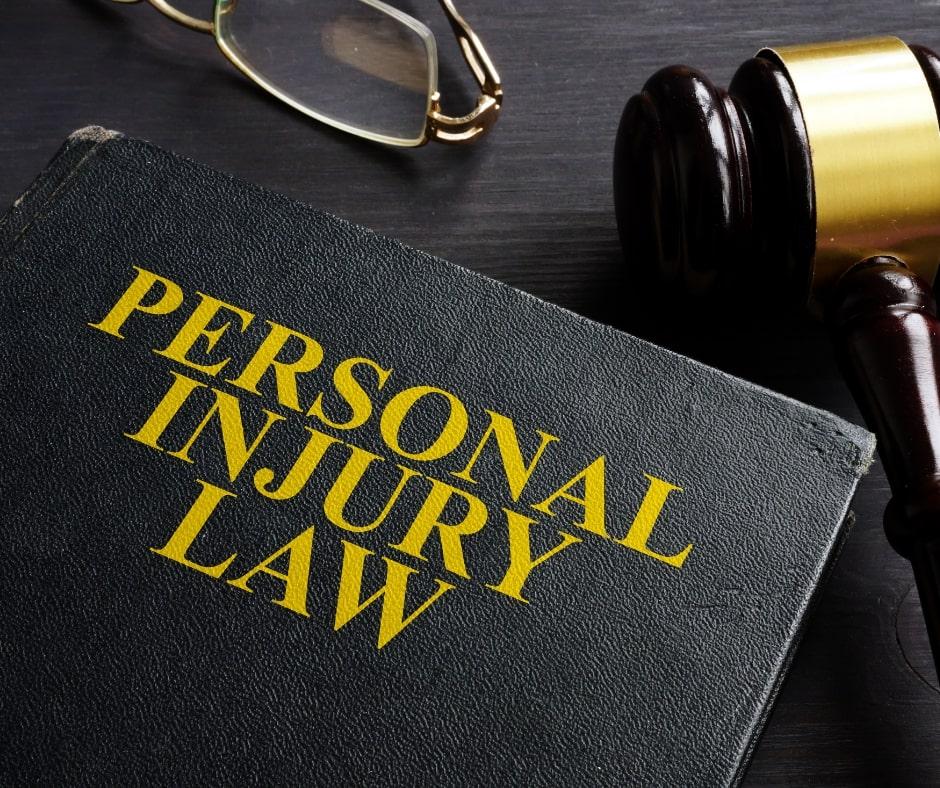Smiles Fool You.
We WIN Legal Fights!

Navigating the complexities of personal injury law in Texas can be daunting for those unfamiliar with the legal system. Personal injury law encompasses a wide array of cases where individuals seek compensation for harm or injury caused by another’s negligence, recklessness, or intentional actions. Understanding the fundamentals of this area of law is crucial for victims looking to protect their rights and pursue justice.
Texas law covers various personal injury claims, including motor vehicle accidents, slip and fall incidents, medical malpractice, product liability, and workplace injuries. Each case type requires specific evidence and legal considerations, making it imperative to understand the nuances associated with each.
At the heart of most personal injury claims is the concept of negligence. To succeed in a claim, the injured party must typically prove that the opposing party had a duty of care, breached that duty, and caused injuries as a direct result of that breach. Texas follows a “modified comparative negligence” rule, meaning that if the injured party is found to be partially at fault for the accident, their compensation may be reduced accordingly.
One of the most critical aspects to be aware of is the statute of limitations for personal injury claims in Texas. Generally, individuals have two years from the date of the injury to file a lawsuit. Failing to do so may result in losing the right to seek compensation.
Victims in personal injury cases are entitled to various damages, which may include medical expenses, lost wages, pain and suffering, and in some cases, punitive damages aimed at penalizing the wrongdoer. Proper documentation and evidence are vital in establishing the full extent of damages suffered.
While it is possible for individuals to represent themselves in personal injury claims, having an experienced attorney can significantly improve the likelihood of a favorable outcome. A knowledgeable lawyer can help navigate the claims process, negotiate with insurance companies, and represent the injured party in court if necessary.
Understanding Texas personal injury law is essential for anyone who finds themselves in a situation involving injury due to another’s actions. By grasping the key concepts—from types of cases and negligence to statutes of limitations and damages—victims can better prepare themselves for the journey ahead. As with any legal matter, seeking professional guidance is often the best course of action to ensure that one’s rights are protected and that one receives the compensation they deserve.
In Texas, a personal injury claim arises when an individual suffers harm due to the negligence or wrongful conduct of another party. Understanding the components that constitute a valid personal injury claim is essential for anyone considering legal action following an injury. The core elements of a personal injury claim in Texas typically include duty, breach, causation, and damages.
Texas law establishes that individuals and entities owe a duty of care to others under certain circumstances. This means that an individual or company is legally obligated to act in a manner that avoids causing harm to others. For instance, drivers owe a duty to operate their vehicles safely, while property owners must maintain safe conditions on their premises.
The next element involves proving that the party in question breached their duty of care. A breach occurs when a person acts in a way that is below the standard of care expected in similar situations. This could involve reckless behavior, negligence, or failure to take appropriate actions to prevent harm. For example, if a driver runs a red light, they may be found to have breached their duty to drive safely.
Establishing causation is crucial in a personal injury claim. The injured party must demonstrate that the breach of duty directly caused their injuries. Texas follows a “but-for” standard, meaning that but for the negligent act, the injury would not have occurred. In many cases, expert testimony or accident reconstruction may be required to establish a clear link between the breach and the injury sustained.
Finally, to pursue a personal injury claim, the injured party must show that they have suffered damages as a result of the injury. Damages can be both economic, such as medical expenses and lost wages, and non-economic, including pain and suffering or emotional distress. The extent of these damages will impact the value of the claim, and Texas law allows for both compensatory and, in certain cases, punitive damages to address the harm experienced by the victim.
While navigating the complexities of personal injury claims can be challenging, understanding these foundational elements is vital for anyone seeking justice in the aftermath of an injury. In Texas, injured parties have a legal framework that supports their right to seek compensation for their losses, emphasizing the importance of acting promptly, as the state follows a two-year statute of limitations for filing personal injury lawsuits. Engaging with a qualified attorney can provide invaluable support in building a compelling case and ensuring that the rightful recovery is pursued.
An experienced personal injury attorney in Harris County, Galveston County, Fort Bend County, Montgomery County, Brazoria County, Houston, Sugar Land, Missouri City, and Stafford, Texas at Thornton Esquire Law Group, PLLC will take over the case from the very beginning and make sure that you receive fair compensation for your injuries. A personal injury lawyer will help you recover medical expenses, lost wages, pain and suffering, and other losses due to the accident. Contact us today at www.thorntonesquirelawgroup.com for a free case evaluation consultation.